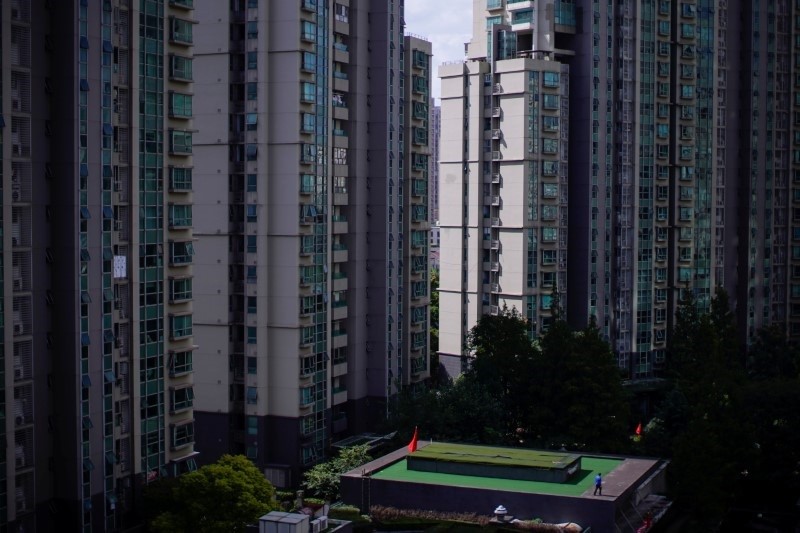China’s new home prices stall for first time since COVID-19

China’s new home prices stalled for the first time since February 2020 in September, as the chill in the property market intensified amid tightening credit due to an ongoing crackdown on speculative investment.
The average new home price in 70 major Chinese cities was unchanged in September month-on-month, compared with 0.2% growth in August, according to Reuters calculations based on data released by the National Bureau of Statistics (NBS) on Wednesday.
Some analysts said prices fell 0.08%, or even 0.1%, based on their respective calculations, which can vary slightly due to different formulas used. The NBS did not respond to a Reuters request for comment.
The data showed 27 cities reported month-on-month gains, compared with 46 in August, the lowest since February 2020 at the height of China’s COVID-19 outbreak.
In September, some cities intensified their campaigns to drive speculators out of the property market. In Xiamen, the southeastern city further tightened property curbs on top of existing measures, prohibiting first-time home buyers from reselling their properties for five years.
The tougher restrictions, along with tighter rules on borrowing for property purchases, have weighed on near-term demand, analysts said.
“Real estate credit tightening – with home loans down by 510 billion yuan ($79.8 billion) year-on-year in the third quarter – was the biggest reason for the overall market freeze,” said Zhang Dawei, chief analyst with property agency Centaline.
Chinese leaders, fearful that a persistent property bubble could undermine the country’s long-term ascent, are likely to maintain tight property curbs, although analysts say they could soften some tactics as needed.
Compared with a year earlier, China’s new home prices grew 3.8% in September, the slowest in nine months, easing from a 4.2% increase in August.
Compounding concerns about the sector are the debt problems of China Evergrande, the country’s second-largest developer, which is scrambling to raise funds to pay its many lenders and suppliers.
Tens of thousands of Chinese developers had borrowed heavily to build homes during a surge in the property market between 2016 and 2018. But they are now facing a liquidity crunch amid tighter regulations on fresh borrowing, leaving many projects incomplete.
“Many developers have recently been exposed to a liquidity crunch, leading buyers to worry about buying buildings that are forever unfinished,” Zhang said.
“It is expected that in the fourth quarter of 2021, the markets in most cities will enter an obvious adjustment cycle.”
Vice Premier Liu He said on Wednesday that while there are some problems in the property market, overall risks are controllable, according to domestic media.
Liu said reasonable demand for capital was being met, adding that he expected the property market to continue to develop in a healthy way overall, domestic media reported.
Price declines have particularly hammered smaller cities with persistent population outflows or uncertain economic prospects, leading to a build-up in local housing inventories.
Luzhou in Sichuan province and Dali in Yunnan province saw month-on-month price declines in seven out of nine months so far this year, the most out of all the 70 major cities tracked by the statistics bureau.
In Taiyuan, the capital of northern Shanxi province, new home prices fell in six out of the nine months.
“Many new homes are under construction in Taiyuan, and there is a backlog of homes that hasn’t been sold,” said a Taiyuan resident surnamed Hou, 24.
“Previously, just opposite my home, there was construction on a plot for nearly two years, and there were several work suspensions during that time.”
Even China’s largest cities are starting to weaken.
New home prices fell for the second month in Guangzhou, while Tianjin and Chengdu saw their first monthly declines this year in September. Prices in Beijing stalled.
“If there is no significant easing of mortgage loans from October onwards, price wars will be the main buzzword in the real estate market in the fourth quarter,” said Zhang.


